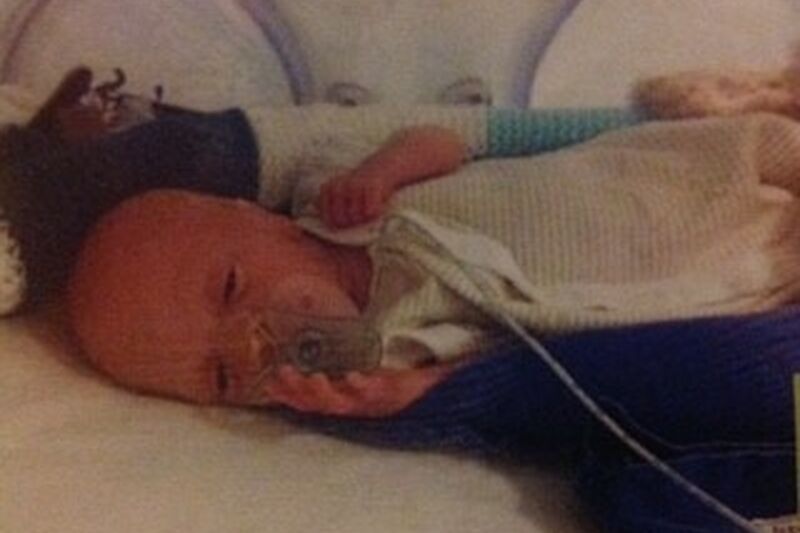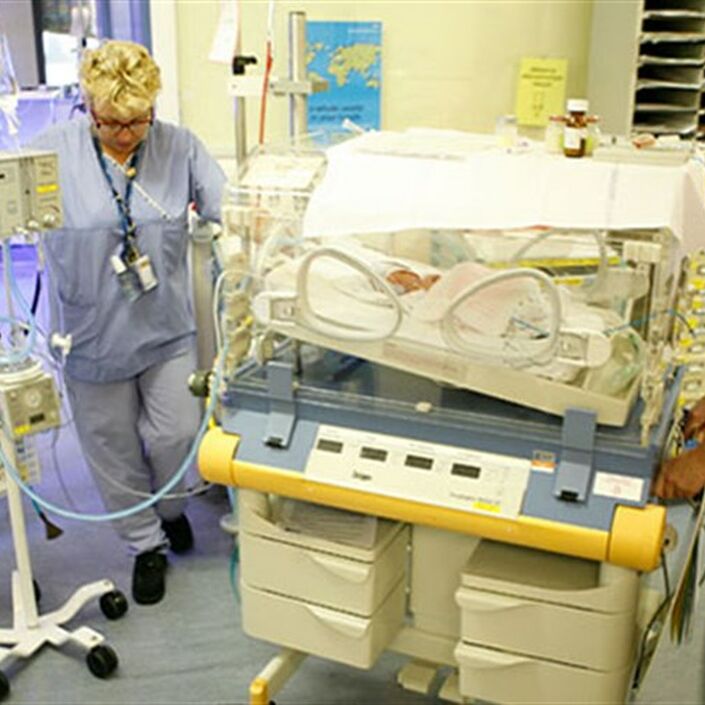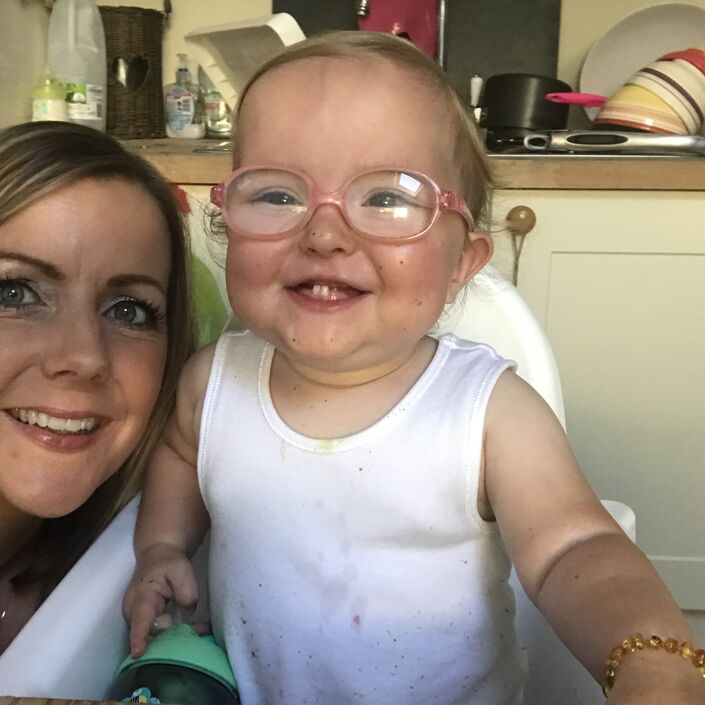When my first son was born very suddenly and very early at the opposite end of the country to our home, I found myself stranded with nowhere to live.
In 2011 I lived in South East London - I still do now. I went on a three day work trip up to Liverpool for the Labour Party Conference when I was 27 weeks pregnant, and one evening, I went back to my hotel room, not feeling too clever. Later that night I found myself checked into the local hospital with a damaged placenta and a frightening amount of bleeding. Although the doctors were hopeful that things would settle down, my baby had other ideas and he was born two days later, right there in Liverpool.

When Finlay was born, the team immediately began work to stabilise him, and he was taken straight off to the Neonatal Intensive Care Unit (NICU). I was horrified not to be able to see my child for the long hours that followed – and I didn’t know whether he would get through the day.

It had never even occurred to me that babies could be born at the wrong time, or in the ‘wrong’ place. But the more I learnt more about the NICU at Liverpool Women’s Hospital, the more I thought that actually this was absolutely the right place for our son to be cared for. In my wildest dreams I never imagined that the amazing levels of care and expertise we saw at Liverpool Women’s could exist anywhere.
They had everything covered medically. My job was to be with Finlay, to bring him milk, to cuddle, to love him, and to support his long medical journey. But I had no idea how I was going to do that with nowhere to live.
I was discharged from hospital and checked out of my hotel. Those early, panic-fuelled days are a terrifying blur to me now. But one thing that shines through is the clear message I heard from everyone in the hospital that as long as Finlay was in their care, his dad and I would be found somewhere to rest our exhausted heads.
Initially, this meant a room in the post-natal ward. Then, when there was space for us, we were given a flat to live in, only just off the hospital site, and owned by the hospital. It was warm, clean, comfortable, well equipped and welcoming. And I could see the NICU window from the flat window. We were offered this flat for as long as Finlay needed us there, free of charge. Of all the things we had to worry about and fight for, having somewhere to live was not one of them.
From the very beginning, I felt as though I was free-falling, with so much about Finlay’s life entirely out of my control. I wasn’t sure I could bear the uncertainty of it all. As with many premature babies, our little Scouser took a long time to learn to breathe, with considerable setbacks along the way. Finlay had infections which turned very grave very quickly, and he needed several blood transfusions. The large brain haemorrhage he suffered left us concerned for his future, should he be lucky enough to have a future.
Amidst all the uncertainty, the only thing I felt I could do was to be there. And so that’s what I did: day and night; good days and terrible days. I was there.
Finlay’s dad, Paul, and I worked hard to be a real team together, sharing our deepest worries, sharing our time with Finlay. On the days when I wasn’t coping, Paul was there to be by Finlay’s side, giving me the time and space I needed. It is impossible to imagine how any of this could have happened, had one or both of us been living at the opposite end of the country from our tiny son.

On top of this, we were lucky enough to have two brilliant flatmates. Thrown together by our babies’ stay in the NICU, we would reflect on each day’s events, we shared moments of black humour, and we even indulged in a birthday trip to the pub.
Having a flat to live in was not just about the cost we would have otherwise felt, or the ability to feed him and do the practical things. It was about the very fact of being a parent – wanting and needing to be with my desperately ill baby when he needed me most.

Finlay spent 11 weeks in hospital. Now, five years later, he is happy, healthy and enjoying school.

You can help Bliss’ campaign to ensure all families of babies born premature or sick have access to the same excellent care, facilities and support that Emily, Finlay and Paul received when they needed it most. Campaign with us.
If you have been affected by any of the issues mentioned in this post and would like support, view our online support pages.


